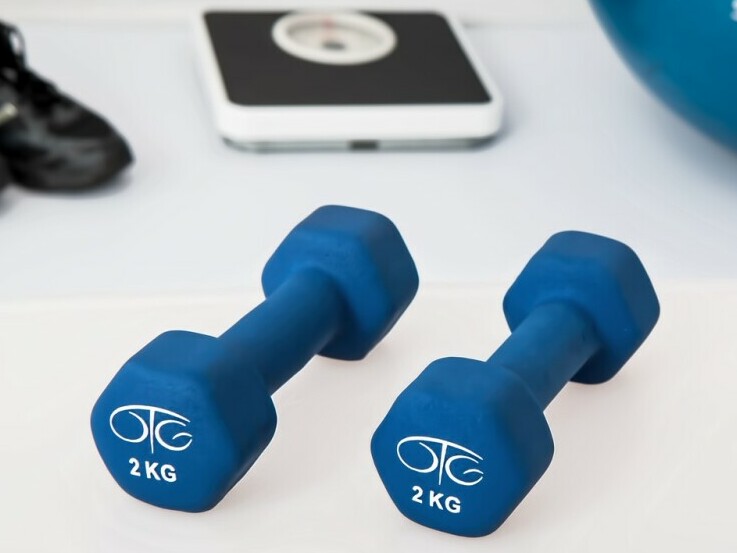Introduction
The postpartum period brings joy, excitement, and of course, a few challenges—one of the most common being managing weight after childbirth. With so much attention on “bouncing back,” it’s easy to feel pressure, but it’s crucial to prioritize healthy postpartum weight loss management rather than rushing into drastic measures. This blog post will explore practical, sustainable, and healthy strategies for weight loss after childbirth, emphasizing wellness for both you and your baby.

Table of Contents
Understanding Postpartum Weight Changes
The journey of postpartum weight loss goes beyond shedding the baby weight—it’s a complex process affected by several factors:
- Hormonal Shifts: After childbirth, estrogen and progesterone levels drop significantly, which can influence metabolism, appetite, and fat retention. This hormonal adjustment plays a key role in postpartum body changes.
- Body Adjustments: In the early weeks, the uterus contracts, and your body loses excess fluids, accounting for some initial weight loss. However, sustained weight management requires a holistic approach.
- Breastfeeding’s Role: While breastfeeding can burn extra calories (up to 500 per day), it’s important to balance your nutritional intake. The key is to eat enough to fuel breastfeeding while not overindulging, as hunger levels tend to increase during this phase.
Practical Tips for Healthy Postpartum Weight Loss Management
To achieve sustainable postpartum weight loss, the focus should be on balanced nutrition, appropriate exercise, and a positive mindset. Here’s how:
1. Prioritize Balanced Nutrition
Nutrient-Dense Foods: Focus on a diet rich in fruits, vegetables, whole grains, lean proteins, and healthy fats. Incorporating a variety of nutrient-dense foods ensures that you’re fueling your body with the vitamins and minerals it needs for recovery and weight loss.
- Fruits and Vegetables: These provide essential fiber, vitamins, and antioxidants to aid digestion and keep you full longer.
- Lean Proteins: Sources like chicken, fish, legumes, and tofu help repair muscles and promote satiety.
- Whole Grains: Whole wheat bread, quinoa, and brown rice provide sustained energy and fiber for digestion.
- Healthy Fats: Include avocado, olive oil, and nuts for essential fatty acids and to balance hormone production.
Hydration: Drinking plenty of water is crucial. It supports metabolism, helps with milk production for breastfeeding moms, and can curb unnecessary snacking triggered by dehydration.
Avoid Fad Diets: Quick-fix diets can compromise your energy levels, milk supply, and overall health. Gradual changes focused on balanced meals will promote lasting weight loss.
2. Incorporate Regular Physical Activity
Start Slowly: Your body needs time to heal after childbirth, so ease into exercise with gentle activities like walking or postnatal yoga. This helps tone muscles, boost mood, and improve circulation.
Cardio Exercise: Gradually introduce cardiovascular exercises such as walking, cycling, or swimming. These can help burn calories and improve cardiovascular health. The American Heart Association recommends 150 minutes of moderate-intensity exercise per week.
Strength Training: Add strength training to your routine to build muscle and increase metabolism. Focus on postpartum-safe exercises that target core stability, such as pelvic floor exercises and light weightlifting.
Listen to Your Body: Don’t push yourself too hard, especially in the early postpartum period. Over-exertion can lead to injury or delay recovery. Always consult with your doctor before starting or intensifying exercise.
3. Set Realistic, Achievable Goals
Slow and Steady Wins the Race: Aiming for gradual weight loss (about 1-2 pounds per week) is not only safer but also more sustainable. Fast weight loss can lead to fatigue, nutrient deficiency, and affect milk production if you are breastfeeding.
Celebrate Small Milestones: Celebrate progress, no matter how small. Achieving smaller goals over time can keep you motivated and make the weight loss process more manageable.
4. Take Care of Your Mental Health
Manage Stress: Stress can hinder weight loss by promoting unhealthy eating habits and hormonal imbalances. Incorporate stress-relieving activities such as meditation, deep breathing, or taking walks to stay calm and focused.
Seek Support: Don’t go through this journey alone. Join postpartum support groups, connect with other moms, or seek guidance from a nutritionist or fitness expert specializing in postpartum recovery.
Emotional Eating Awareness: Postpartum emotions run high, and many turn to food for comfort. Being mindful of emotional eating triggers and developing healthy coping mechanisms can prevent unnecessary weight gain.
5. Build a Supportive Environment
Involve Your Family: Sharing your goals with your family can enhance motivation. Family involvement in meal planning and joining physical activities can create a positive environment and foster accountability.
Meal Preparation: Preparing meals in advance helps ensure you’re eating nutritious food even during the busiest days. It prevents the temptation to grab processed or unhealthy snacks.
Track Your Progress: Use a journal or app to track your meals, exercise, and emotional state. This can help you stay on course and identify patterns that either help or hinder your progress.
Conclusion
Healthy postpartum weight loss management is all about patience, balance, and self-care. Focus on gradual weight loss by combining balanced nutrition, physical activity, and mental well-being. Setting realistic goals, staying mindful of emotional health, and creating a supportive environment will ensure lasting success. Remember, your postpartum journey is about more than just weight—it’s about nurturing your well-being as you care for your newborn. Embrace this chapter of motherhood with grace and positivity.
If you haven’t checked out our YouTube Channel, you’ll find some great content there. If you’re on the go and prefer to listen to some of the content, rather than read, most of our content has an associated video.
Must Reads:
Check out Baby Proof Your Home Checklist or When Should I Feel My Baby Kick: #1 Best Guide | (new-parents.com).
Additional Resources:
- Postpartum Nutrition: Eating Well After Childbirth
- Safe Exercise Routines for New Moms
- Managing Stress and Mental Health in the Postpartum Period
- Cleveland Clinic
- Vitality Weight Loss Institute
Citations:
Harvard Health Publishing – Hormones and Weight
American Pregnancy Association – Postpartum Body Changes
Centers for Disease Control and Prevention (CDC) – Breastfeeding Benefits
Academy of Nutrition and Dietetics – Nutrition
American Heart Association – Physical Activity
American Psychological Association – Stress Management
